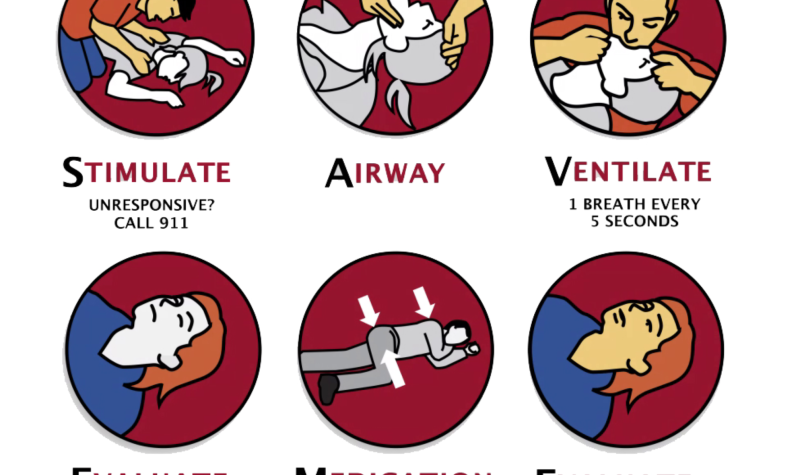In April 2016, BC’s Provincial Health Officer declared a public health emergency due to the rising number of drug overdose deaths in BC. Illicit drug overdose deaths in BC have risen from roughly 200/year in 2010, to over 1700/year in 2020.
By Local Health Area in 2021, the highest rates were recorded in Upper Skeena, Lillooet, Merritt, North Thompson, and Enderby.
This has been primarily driven by the introduction of fentanyl, and fentanyl analogues, into the illicit drug supply. Fentanyl is a highly potent synthetic opioid that has largely replaced heroin, because it is much cheaper to produce. Its high potency, combined with substandard processing on the black market, make dosing highly unpredictable.
The COVID-19 pandemic has exacerbated the overdose emergency. COVID-19 restrictions have further disrupted the black market drug supply, leading to even more unpredictability for consumers, while physical distancing recommendations and concerns about COVID-19 infection have led some people who use drugs to feel less safe seeking health services or peer support. In the 2021 BC Coroner’s report, 83 per cent of illicit drug toxicity deaths took place inside: "55 per cent in private residences and 28 per cent in other residences including social and supportive housing, SROs, shelters, and hotels and other indoor locations) and 15 per cent occurred outside in vehicles, sidewalks, streets, parks, etc."
To be clear, the north is not in a “new” state of overdose crisis. Unfortunately, since 2016, numbers of deaths became heightened since the COVID-19 pandemic has forced more people to engage in drug use alone, and the substances have become more sinister and less safe, according to Northern Health.
Then, in a news bulletin released on Jan. 6 by Northern Health and the First Nations Health Authority, the following was issued for release:
“There has been an increase in overdose events across the Northern region from substances sold.
Substances circulating are highly toxic and may be further contaminated with benzodiazepines (benzos) causing heavy and prolonged sedation. Although, benzos DO NOT respond to naloxone, due to the presence of opioids in many substances, overdoses may require more naloxone to reverse."
Northern Health's Regional Nursing Lead for Harm Reduction Reanne Sanford spoke with CICK News about the power of language and what each of us in these remote northern communities can do to increase our awareness and understanding of those living with addiction.
Listen to the CICK interview with Sanford below:


